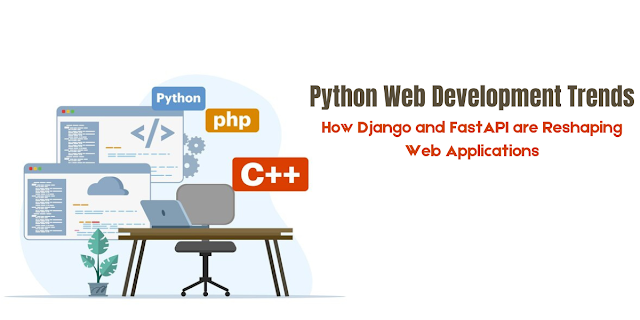Python Web Development Trends: How Django and FastAPI are Reshaping Web Applications

Introduction Python Web Development has emerged as one of the dominant forces in the software industry. Known for its simplicity and versatility, Python has garnered a massive following in web development, making it a go-to choice for building web applications. Over the past decade, Python has evolved from a general-purpose language into a powerhouse of web frameworks, libraries, and tools, making it easier for developers to build sophisticated web solutions with fewer lines of code and quicker time to market. Two Python frameworks that have contributed greatly to this rise are Django and FastAPI. These frameworks are reshaping how developers approach web application development, offering unique advantages that cater to the different needs of modern businesses. Django has been around for over a decade and continues to be a reliable and scalable choice for building traditional web applications. FastAPI, on the other hand, is relatively new but has quickly gained popularity for its...


